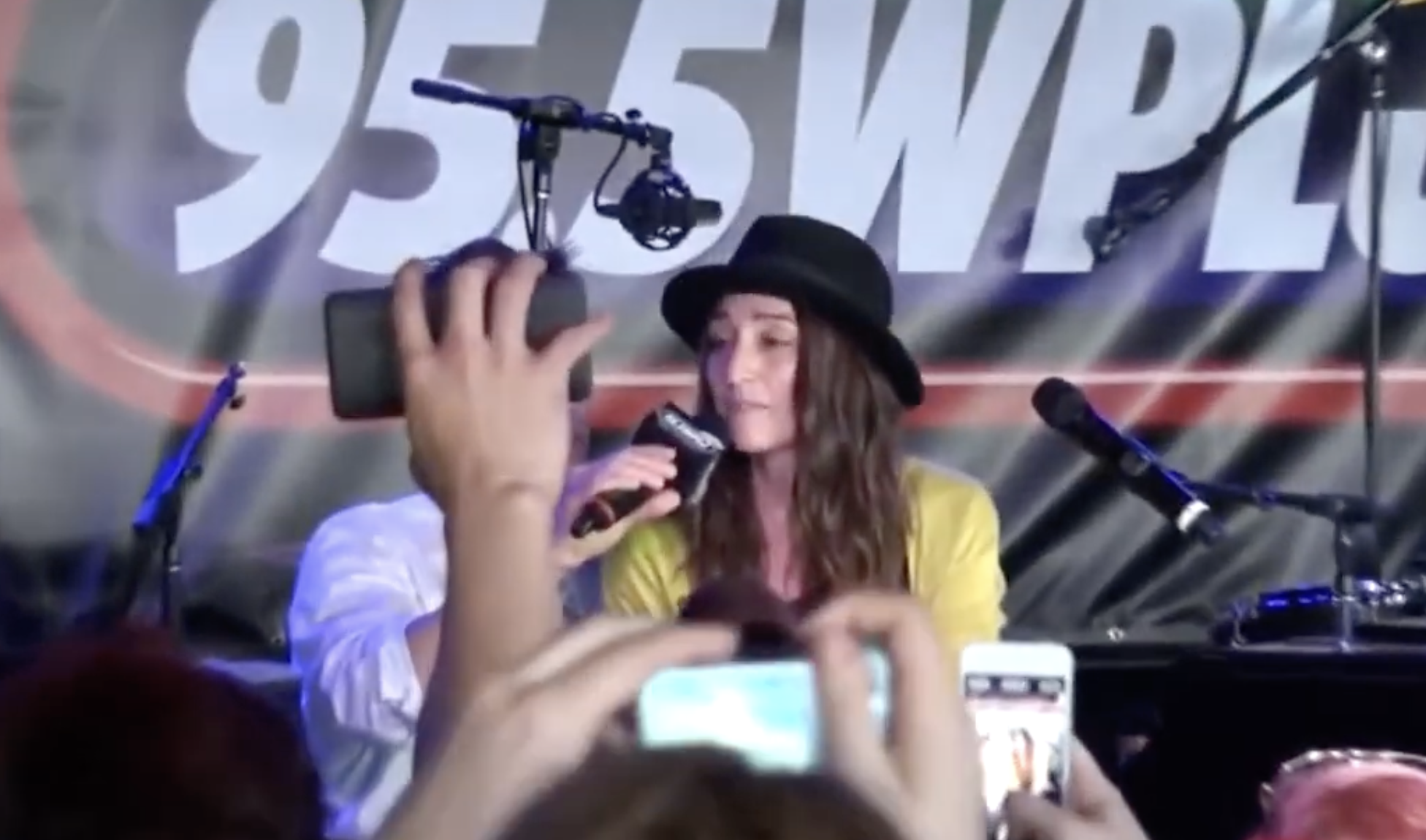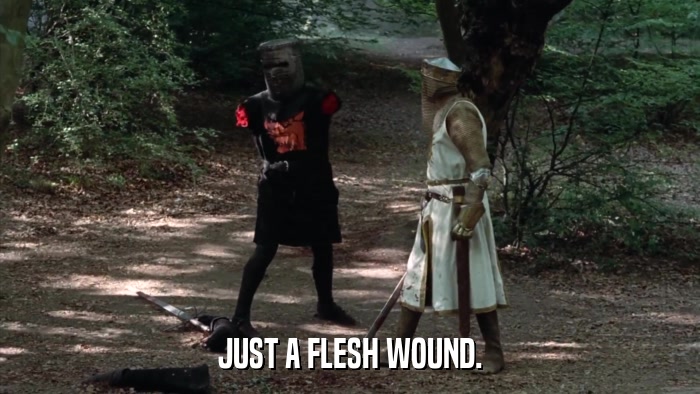How morning radio shaped my belief that “the show must go on” and why it still matters today
How morning radio shaped my belief that “the show must go on” and why it still matters today
“The show must go on.” This idiom dates back to the 19th century, when ringmasters at circuses used it whenever something went wrong. Safety was not their top priority back then.
I’ve lived by that phrase my entire life. Luckily, I landed a job in morning radio before I could legally drink, and the importance of living by the mantra “the show must go on” was etched into my DNA.
When you’re supposed to go on the air at 6 a.m., there aren’t many backup plans. You do whatever it takes to be on the air when the “on air” light pops on.
I remember doing shows through blizzards, hurricanes, bouts of influenza, and even after getting my wisdom teeth removed. Events like Superstorm Sandy in 2012, the Northeast blackout of 2003, and even 9/11 didn’t stop us from doing our show.

It wasn’t like anyone explicitly told us we had to show up for those moments, but that’s the way show business worked. And I saw it constantly over the course of my career.
I still remember seeing Sheryl Crow passed out on the couch outside our studio. She had a show (and probably a few cocktails) the night before. She didn’t want to miss her appearance, so she came straight to the station and caught a nap on our old leather couch (if that couch could talk.)
My favorite moment was in 2013, when we hosted our annual summer kickoff show from the Jersey Shore. Ten thousand fans, live music, and a huge lineup. That year included singer-songwriter Sara Bareilles, who was on a hot streak after hits like “Love Song” and “King of Anything.”
A few weeks before her appearance, Sara released “Brave,” which quickly became a civil rights and LGBTQ+ anthem encouraging courage and self-expression. The song was inspired by a friend who struggled with coming out as gay.
If you know the song, you know it’s sung in a high key. It’s not easy to perform at 8 a.m. in front of a live crowd and millions listening at home. We understood she probably wouldn’t sing it. She had plenty of other hits. But in the middle of her set, something changed.

While my co-hosts Scott Shannon and Todd Pettengill were congratulating Sara on the success of “Brave,” Scott compared it to her version of “I Will Survive,” Gloria Gaynor’s classic empowerment anthem. During the chat, Sara looked at me and said, “You know what, I’ll sing it now.” We were all surprised. If you watch the video on YouTube, you can even hear me ask, “Are you sure?”
She said yes and went ahead and nailed it. The crowd stood, sang along, and felt the collective love.
The transition from that life to podcasting and consulting thought leaders for content creation was jarring. Most people don’t live by “the show must go on”.
I’ve had guests cancel podcasts because they had a cold, were tired, or simply weren’t up for it. One client was running extremely late for a podcast. After numerous frantic texts and emails, they finally replied, “I’m in a meeting, I’ll be there when I’m done.” That floored me.
It was at that moment I realized I had to carry the torch of those ringmasters and preach the gospel of “THE SHOW MUST GO ON.”
I know life can be tough, and we need to prioritize our physical and mental health. But sometimes, things aren’t as bad as we think. In sports there’s a phrase: “There’s a difference between pain and injury.” You can play through pain, not an injury.

Next time you feel tempted to cancel, postpone, or pull back, pause and ask yourself if you’re dealing with pain or injury. If it’s only pain, push through and show up. The people counting on you will notice, and you’ll strengthen your own resilience.
If you’re a creator, leader, or entrepreneur who wants to build that same consistency into your content or team, reach out to me. I help thought leaders develop systems so their “show” always goes on.